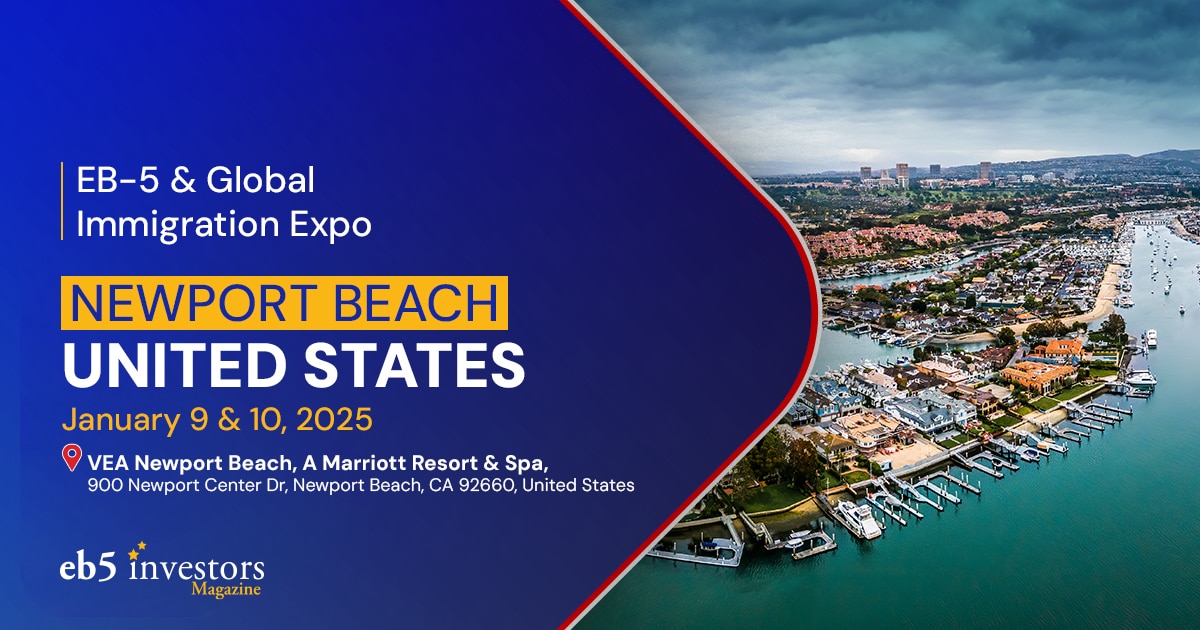
By EB5 Investors Magazine Staff
The Caribbean’s citizenship-by-investment programs are known for offering a fast track to citizenship, combining solid due-diligence practices with modest residency requirements and low minimum investments. In recent months, however, St Kitts and Nevis, St Lucia, and Antigua and Barbuda have all significantly lowered the minimum investments for their CBI programs, sparking fears of a “race to the bottom” in the face of increased regional and global competition.
In January, St Lucia — historically one of the least-used programs in the region — halved its CBI minimum investment for a single investor from $200,000 to $100,000. In August, Antigua and Barbuda followed suit, likewise halving its minimum investment from $200,000 to $100,000, with Prime Minister Gaston Browne citing the program’s weak performance in recent months as the chief reason for the change.
Both moves appeared designed to compete with Dominica, which offers citizenship for a minimum investment of $100,000, and reportedly nets tens of millions per month through citizenship sales.
St. Kitts, which jump-started the global CBI industry with the launch of its second-passport program in 1984, also raised eyebrows in September by adding a short-term measure allowing investors to gain citizenship by donating $150,000 to a new Hurricane Relief Fund. The move drew criticism from Dominica, which was far harder-hit than St Kitts by this year’s hurricanes.
St. Kitt’s officials argue that their temporary price-cut isn’t a true reduction in the cost of citizenship, since investors can still opt to invest the usual $250,000 in the country’s National Development Fund.
Prime Minister Dr. Timothy Harris denied that St Kitts had launched the relief fund in response to St Lucia and Antigua’s lowered prices. “We took the decision that we were not going follow suit,” he told journalists. “You don’t deal with a Rolls Royce the same way you deal with a Toyota.”
Still, the in-fighting among Caribbean officials highlights the significance that CBI revenues now hold for the region’s governments. Traditionally dominant industries have faltered in recent years: Grenada’s nutmeg industry contracted by 16.5 percent in 2016, and both Dominica and Saint Lucia saw similar declines in their banana industries, according to the Eastern Caribbean Currency Union.
That has left CBI as a key source of government revenues — and often, one island’s success comes at the expense of another. In 2014, the success of St. Kitts’ CBI program fueled a 24.5 percent year-on-year increase in non-tax revenues, and a 4.5 percent increase in overall government revenues, across the eastern Caribbean. The following year, however, St Kitts saw its non-tax revenues fall by more than 10 percent as CBI inflows fell, while Antigua moved from deficit to surplus as its booming CBI program fueled a 71.9 percent increase in the island’s non-tax revenues.
“St Kitts had the market for the longest time,” says Stephen Lockyer, founder of Confederation Partners, a Canadian CBI firm with extensive experience in the Caribbean. “Then Antigua opened up, and they took a lot of the market away from them.”
That explains the downward pressure on CBI pricing in the Caribbean, Lockyer says. Still, he adds, governments will quickly learn that in a price war, everyone loses. “It’s not as if the lower price is increasing demand,” warns Lockyer. “At least half of it is just taking it from other programs.”
Some experts describe the Caribbean pricing adjustments as a storm in a teacup. “I think the leadership within the Caribbean are very sensible, and understand the importance of these programs,” says Micha Rose Emmett, CEO of CS Global Partners, which handles marketing for several Caribbean CBI programs. “I’m sure they’ll make the right decisions in making sure there isn’t a race to the bottom.”
Even so, regional competition could heat up in coming years: while St Vincent’s current prime minister, Ralph Gonsalves, has opposed the introduction of CBI initiatives, opposition leader Godwin Friday this month said he remained committed to creating such a program. “We are losing a lot of opportunities, and everyone else is moving ahead while we are falling behind,” he said at an event organized by his New Democratic Party.
CBI experts also expect to see increased competition from Europe in coming years, with new programs opening and cheaper investment options becoming available to investors.
“That’s definitely going to create a harder market,” says Brian Dobbin, founder of Citizen International, which helped plan Antigua’s CBI program. “I do believe, however, that the Caribbean is unique in what it can offer. If ten programs crop up in the EU, they’ll be eating each other’s lunches rather than the Caribbean’s.”
One way for the Caribbean islands to strengthen their offerings might be to diversify, and add tax residency programs in addition to CBI options. Such a move would be “the next natural step for Caribbean countries”, said Thomas Anthony, former acting CEO of the Antigua & Barbuda Citizenship by Investment Unit, in a recent media interview.
“It is just a matter of time before all the CIP islands offer their own version of a tax residency program,” Anthony said.
The bottom line, says Dobbin, is that the Caribbean programs remain a popular option for investors seeking strong passports in exchange for a relatively low investment — and despite the recent tensions, that will remain the case in future.
“I do believe we’re on the right track, and that the value of our citizenship will go up and not down,” Dobbin says. “It’s too good a product. We’ve been in Dubai and Bangkok and New York and London, talking about the value of citizenship in the Caribbean, and in every market we go into it rings true.”
Dobbin compares the current rivalries to a family row: dramatic in the moment, but not something that will take a lasting toll on the Caribbean CBI market. “It’s like you always have with a small family — yeah, there’s competition back and forth,” says Dobbin. “But nobody wants to see a race to the bottom. That’s starting to be understood, so I expect to see some kind of balancing of value.”
DISCLAIMER: The views expressed in this article are solely the views of the author and do not necessarily represent the views of the publisher, its employees. or its affiliates. The information found on this website is intended to be general information; it is not legal or financial advice. Specific legal or financial advice can only be given by a licensed professional with full knowledge of all the facts and circumstances of your particular situation. You should seek consultation with legal, immigration, and financial experts prior to participating in the EB-5 program Posting a question on this website does not create an attorney-client relationship. All questions you post will be available to the public; do not include confidential information in your question.








